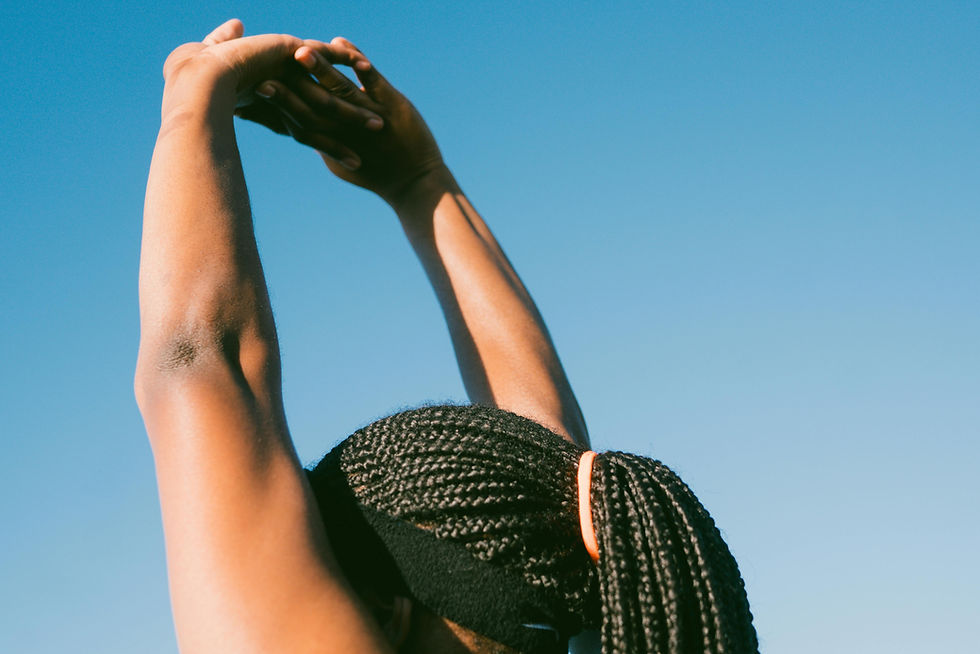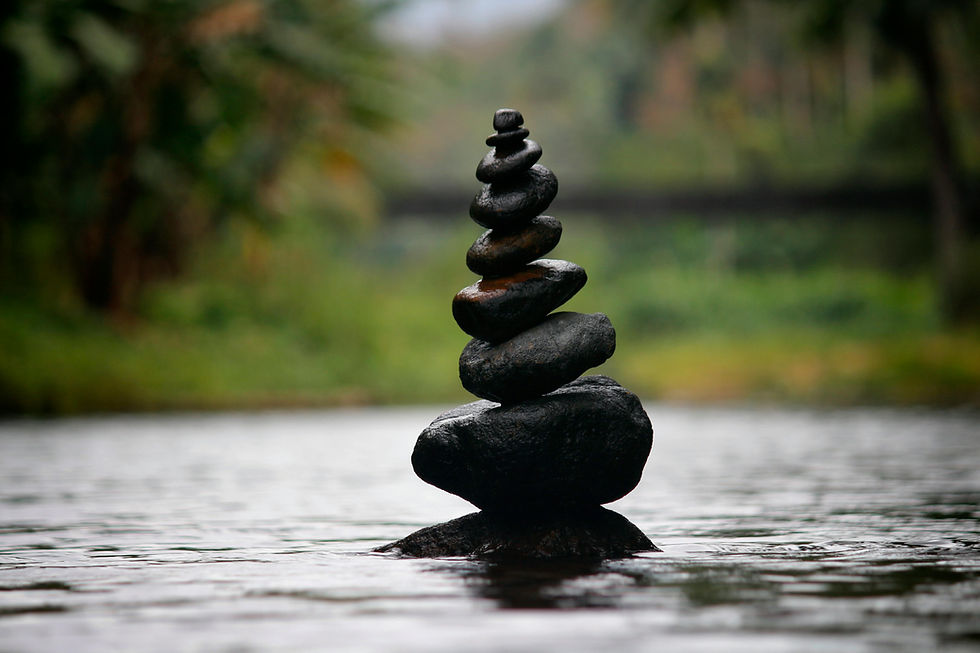Self-Care and Resistance: How Black Women Are Reclaiming Rest
- Kayla Smernoff

- Dec 23, 2025
- 3 min read

“We must believe that we are worthy of rest. We don’t have to earn it. It is our birthright,” said Tricia Hersey, poet, artist, activist, and founder of The Nap Ministry.
In a country where work has become a religion and exhaustion a badge of honor, the simple act of rest can be radical, especially for Black women. Work culture is American culture. For many, the expectation to grind is a direct inheritance from slavery, when Black bodies were commodified and labor extracted without care. That legacy continues to shape how rest is policed and withheld.
Hersey’s Nap Ministry calls for her followers to “rest and resist together,” with reminders like “You were enough before capitalism lied,” appearing throughout the organization’s social media. This legacy shapes the way rest is policed and withheld. But today, a growing number of Black women are reclaiming rest, not as luxury, but as a necessity.
The roots of self-care in Black America stretch back decades, including to the Black Panther Party and the Black Power movement of the 1960s and 1970s. Yet America’s productivity-driven culture continues to resist rest. For many Black Americans, the violent legacy of slavery still looms over ideas of self-care.
“Holistic needs of Black communities and Black activists have always been part of organizing,” said Dr. Maryam K. Aziz in a conversation with Teen Vogue. “Black women, often queer, pushed other activists toward caring for themselves as a necessary, everyday revolutionary practice.”
Mental health educator and author Minaa B. echoed this sentiment while speaking at the 2025 ESSENCE Festival of Culture Wellness House. “Self-care is the bridge to community care,” she said. “We have to be nourished so we can have the capacity to give to others.”
For Sereatha Brooks Blackwell, a Seattle-based mother and teacher, rest is essential to sustaining both family and community. “It can feel like we are carrying so much on our own while still expected to show up with strength and grace,” she said. “We are learning that it’s OK to need support. ‘Get somebody else to do it’ is coming into style for us.”
As thousands of Americans take to the streets in protest, including during the national Hands Off demonstration in early April, some Black women are choosing different forms of resistance. Two days after the protest, Hersey expressed frustration at being asked to respond to what she called the “next four years’ mess.” “We Will Rest Always,” she said.
Journalist Charles M. Blow shared an image from the protest showing Black women brunching as a mostly white crowd marched past. “This picture captures the racial dichotomy of responsibility many people feel at this moment,” he wrote. On social media, some creators of color shared that they were stepping back from protest spaces, calling for those less historically targeted to carry more of the burden.
As the state of democracy continues to shift, many Black women are redefining what resistance looks like. Storytelling, art, rest, and care are emerging as vital tools for survival and transformation. Audre Lorde once wrote, “Caring for myself is not self-indulgence, it is self-preservation, and that is an act of political warfare.” In moments of instability and exhaustion, rest becomes more than retreat. It becomes strategy. For Black women, choosing to pause, to heal, and to protect our well-being is not disengagement from the struggle. It is a refusal to be consumed by it, and a declaration that liberation must include the freedom to breathe.


Comments